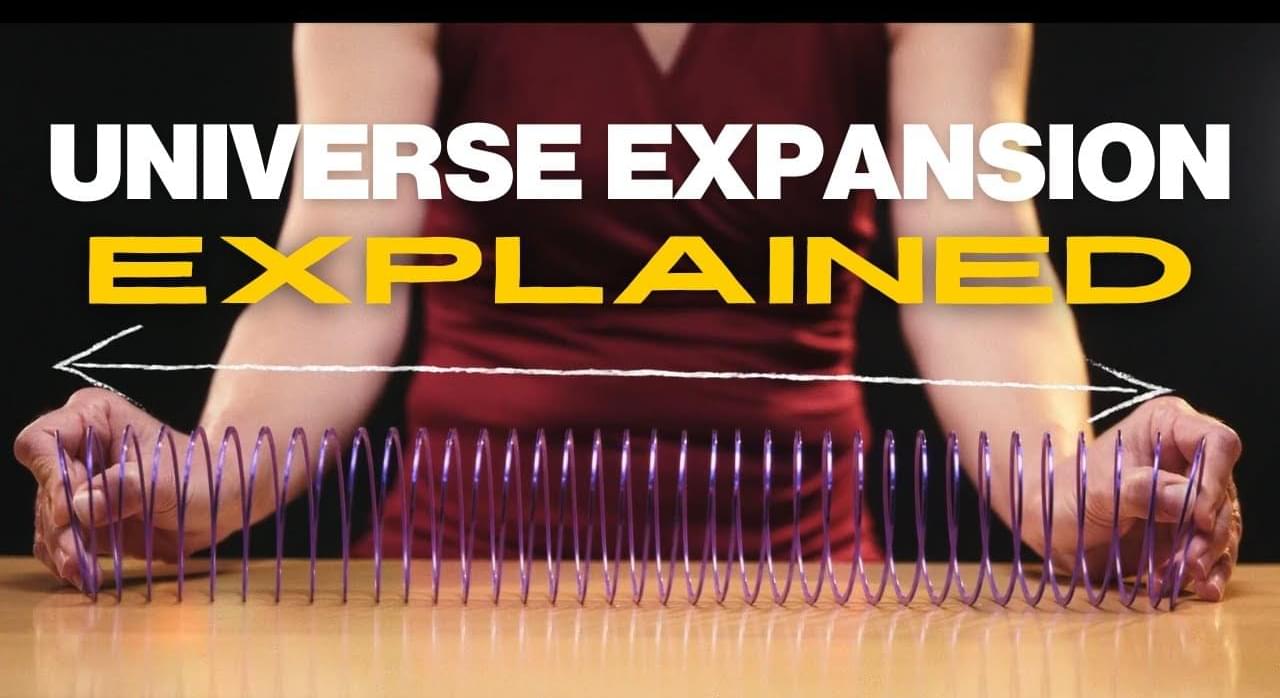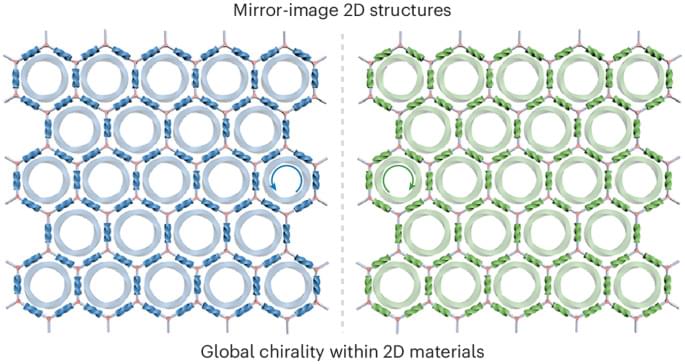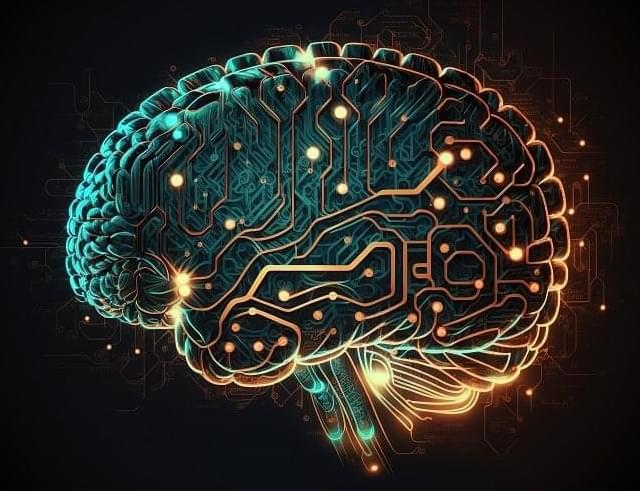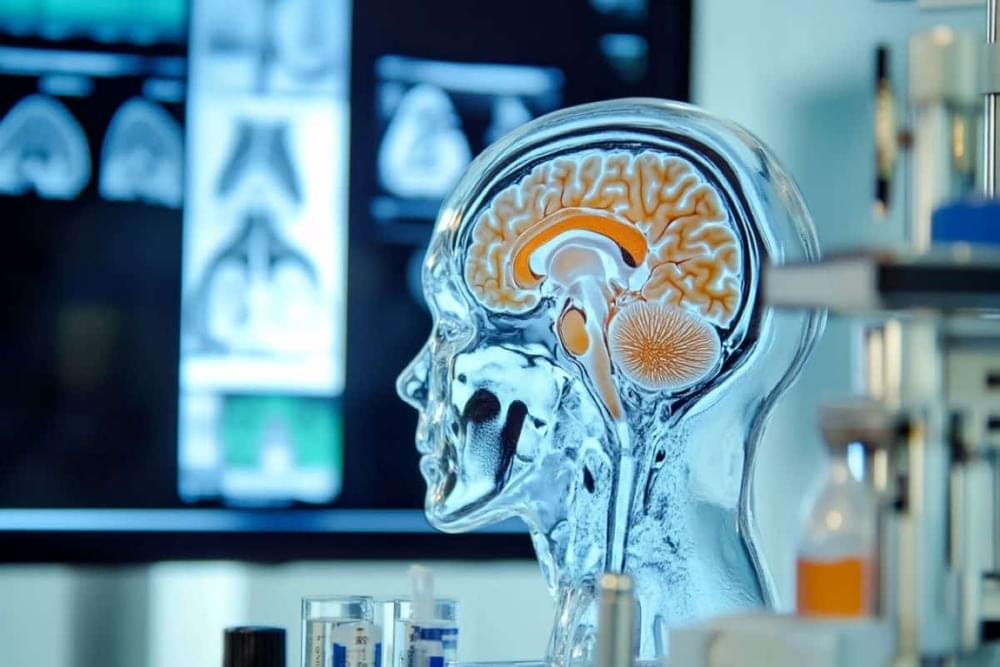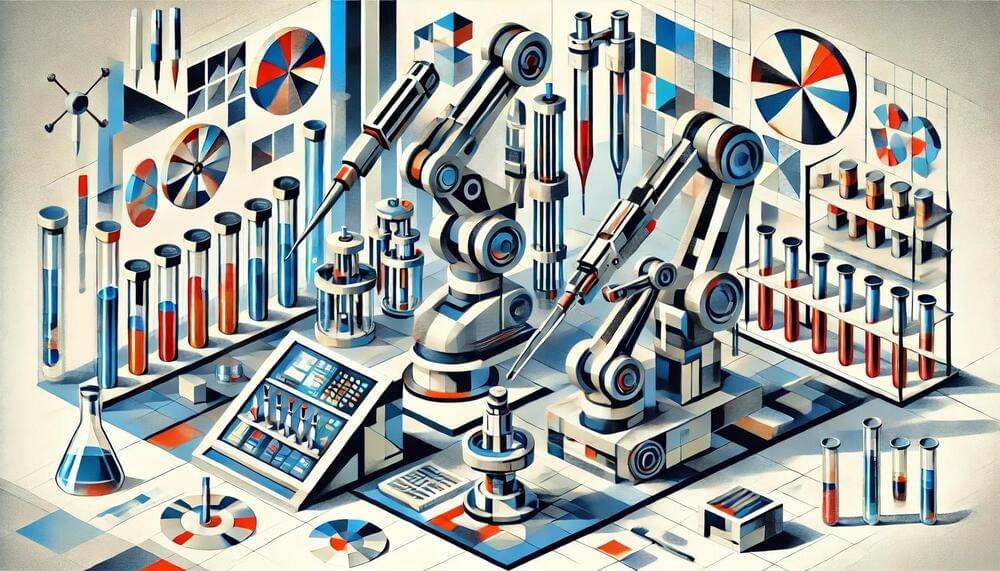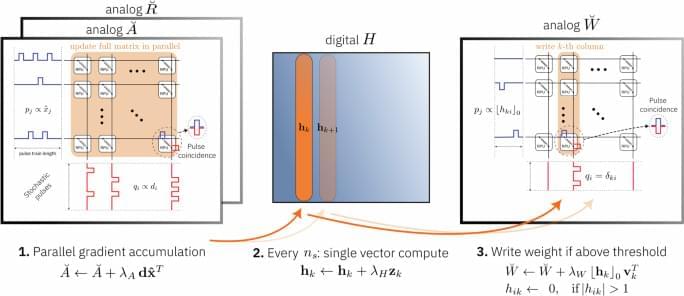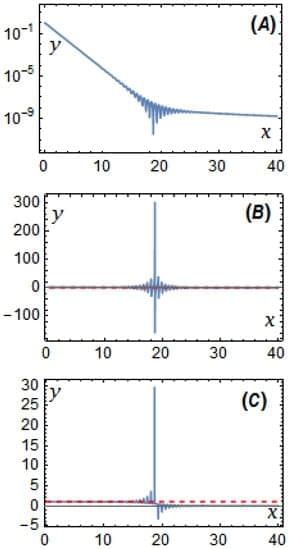Aug 22, 2024
Expansion of the Universe Explained | Cosmology 101 Episode 1
Posted by Dan Breeden in categories: cosmology, physics
In this episode of Cosmology 101, we dive into the concept of an expanding universe. From the first moments of the Big Bang, our cosmos has been stretching in every direction. We explore what this expansion means for us, how we know it’s happening, and the fascinating implications of living in an ever-growing universe.
Join Katie Mack, Perimeter Institute’s Hawking Chair in Cosmology and Science Communication, on an incredible journey through the cosmos in our new series, Cosmology 101.
Continue reading “Expansion of the Universe Explained | Cosmology 101 Episode 1” »
